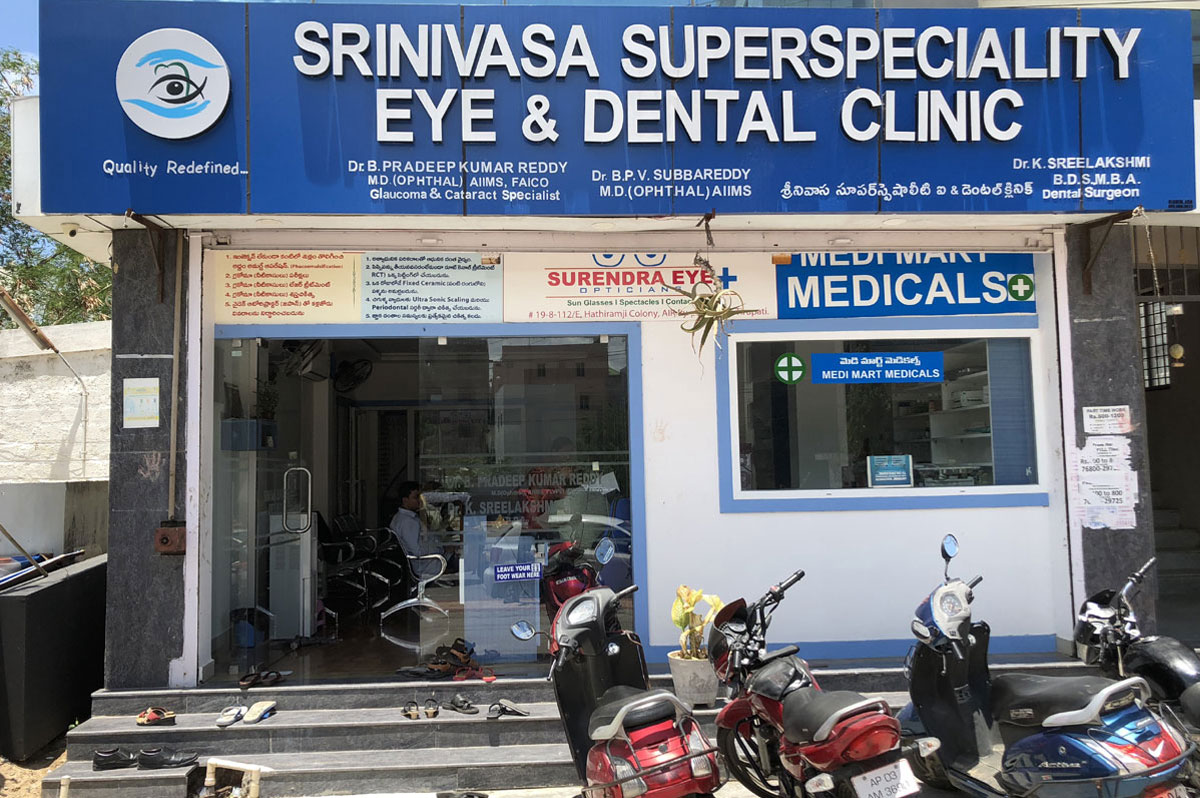Diabetic Retinopathy
Home > patient Education>Diabetic Retinopathy

Diabetic Retinopathy
Diabetic Retinopathy
Diabetic retinopathy is an eye complication that may occur in patients with diabetes. This is due to the harmful effects caused to the tissues at the back of the eye, known as the Retina. These effects may not cause any symptoms at first but may lead to serious sight-threatening problems during the late stages. These problems occur more often in people suffering from diabetes for a long period or due to poor control of blood sugar levels.
Risk factors
Diabetic Retinopathy
- Anyone who has diabetes can develop diabetic retinopathy. The risk of developing the eye condition can increase as a result.
- Having diabetes for a long time.
- Poor control of your blood sugar level.
- High blood pressure. High cholesterol.
- Diabetes-related other complications, such as Nerve related problems. (Neuropathy), kidney related problems.
- Pregnancy and Tobacco


Complications
Retinal detachment
This happens as a consequence of vitreous haemorrhage. A pull is caused by membranes formed due to blood leading to initially flashes of light, loss of part of the vision and later total loss of vision.
Glaucoma
Glaucoma is a progressive eye condition characterized by increased pressure within the eye, damaging the optic nerve and potentially leading to irreversible vision loss.
Blindness
When the above-mentioned conditions are not managed in time, or due to poor control of blood sugars, these situations can often end up in blindness
Complications
Diabetic Macular Edema
DME is a diabetes-related eye condition where fluid accumulates in the macula, causing vision impairment. Regular eye check-ups are essential for early detection and effective management of DME in diabetic patients.
Vitreous haemorrhage
Vitreous hemorrhage occurs when blood leaks into the vitreous, the gel-like substance in the eye. This condition can result from diabetic retinopathy or other eye disorders, leading to sudden vision loss that requires prompt medical attention. When these stages are not treated, or due to poor blood sugar control, the disease may keep progressing. This can then lead to the formation of fibrous bands in the back of the eye, which leads to a pull on the retina. This pull leads to the detachment of the retina from other eye structures, leading to Retinal Detachment (RD). This often can lead to sudden vision loss and requires surgical correction.
Prevention
Preventing diabetic retinopathy is primarily focused on maintaining optimal blood sugar levels. A healthy lifestyle, including a balanced diet and regular exercise, plays a key role in managing diabetes and reducing the risk of eye complications. Timely and consistent medical check-ups, especially comprehensive eye exams, are essential for early detection of any changes in the eyes. Additionally, managing other risk factors such as hypertension and cholesterol levels contributes to overall eye health in individuals with diabetes.

